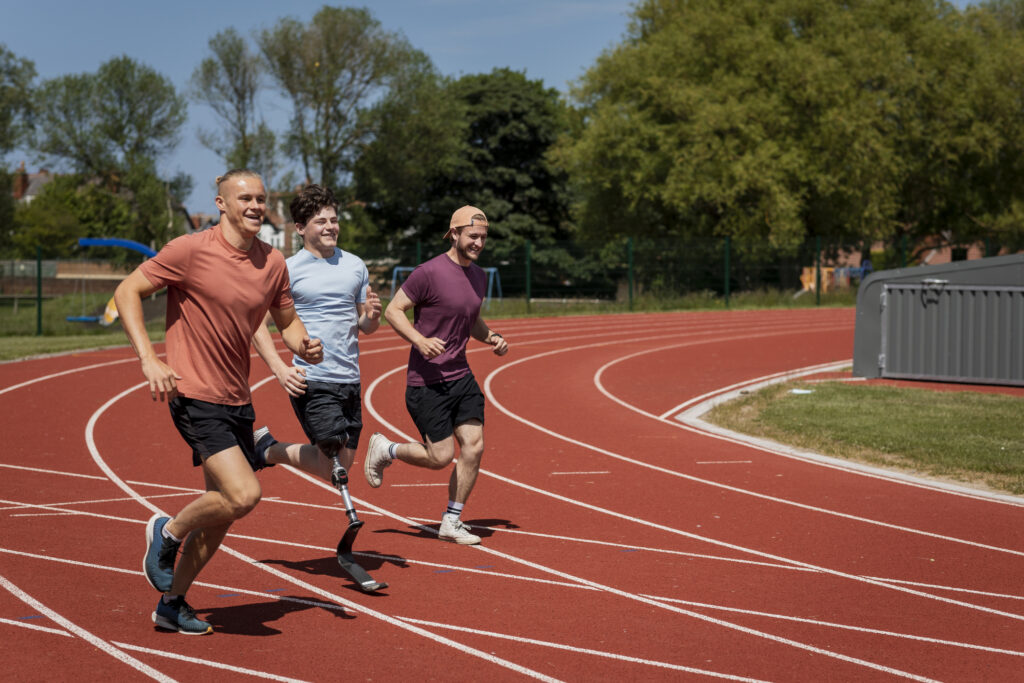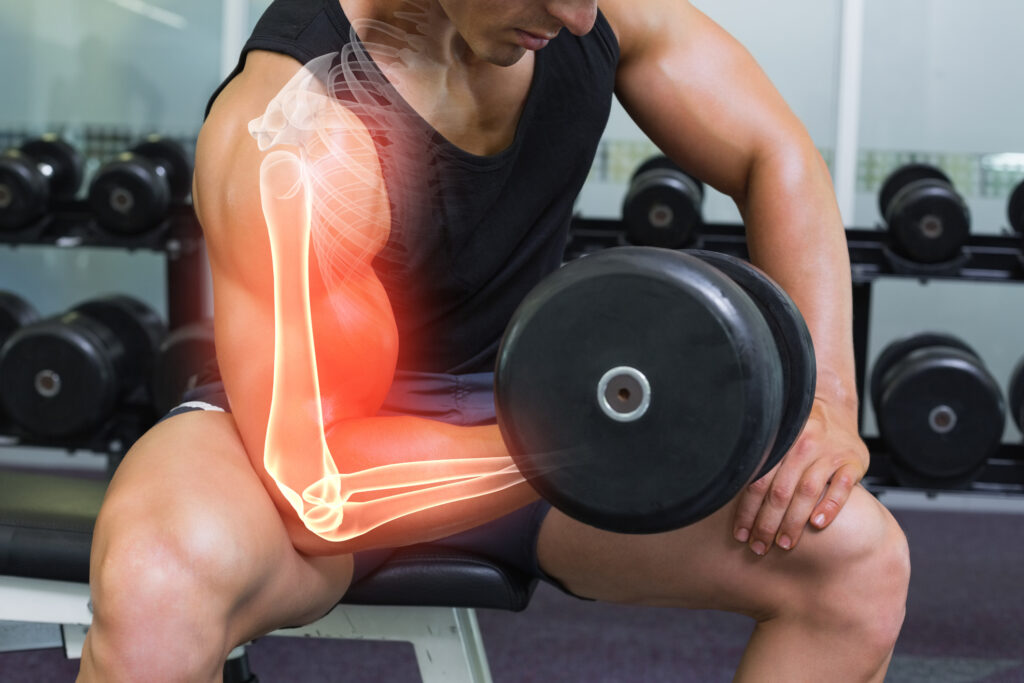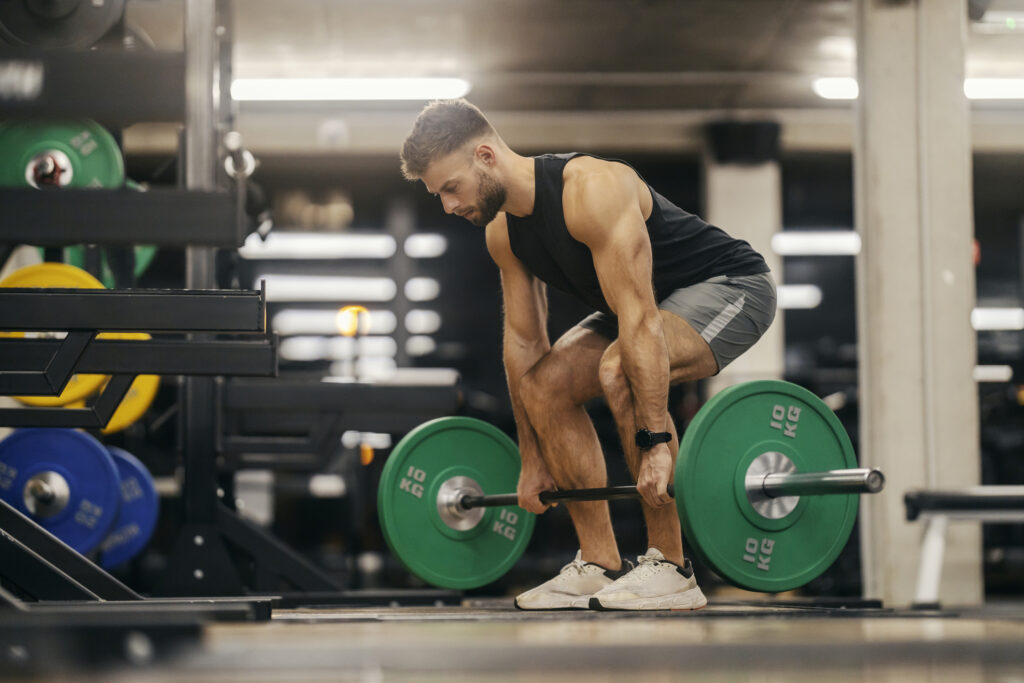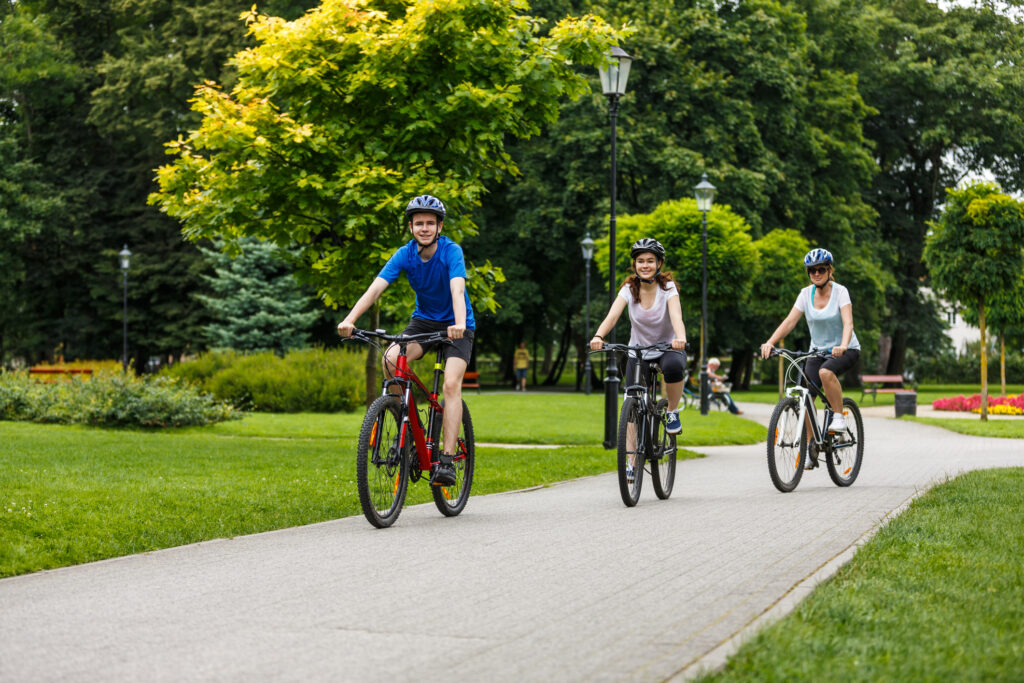A Fitness Professional’s Introductory Guide to Assessing Static Posture: Part II

In the first part of this blog series, we discussed the importance of performing a static postural assessment with your clients, athletes, and patients. This second article introduces the basic static postural assessment and demonstrates how to spot common postural deviations, likely driven by muscular imbalances, that may lead to acute and/or chronic musculoskeletal conditions and […]
A Fitness Professional’s Introductory Guide to Assessing Static Posture: Part I

Over the last decade or so, assessing static and dynamic posture has become increasingly common during health and fitness assessments performed by certified fitness professionals with clients, athletes, and patients. This has been a great addition to certified fitness professionals’ toolboxes to assist in determining possible postural deviations and movement compensations that may be caused […]
Optimal Race Weight for Endurance Sports: A Complex Issue

Sports performance is simple and definite. Someone wins, and someone else loses or comes second. Therefore, it is tempting to think in binary terms about other aspects of sports performance. The laws of physics predict that an increase in power-to-weight ratio will increase the speed of a body moving against gravity. If body fat (or […]
GSSI Presented Webinar Q&A | Follow Your Gut

Miss the webinar? Access it below View recording Q: Angiogenesis function? This is new to me. Are there are references you can point me/us to? Franks I. Gut microbes might promote intestinal angiogenesis. Nat Rev Gastroenterol Hepatol. 2013;10(3). doi: https://doi.org/10.1038/nrgastro.2012.227. Hassan M, Moghadamrad S, Sorribas M et al. Paneth cells promote angiogenesis and regulate portal […]
A New Way to Help Our Bones with Calcium?

Despite the broad benefits of exercise to bone health, athletes from some sports fare better than others. Athletic training and performance can also be completely derailed by bone stress injuries, which have multifactorial contributors of which bone health is key. Energy availability, bone-loading exercise and vitamin D are known to influence bone health, but even […]
GSSI Presented Webinar Q&A | Internal and External Load Monitoring

Miss the webinar? Access it below along with an opportunity for one CEC. View the webinar One CEC available here Q: How are we conceptualizing “readiness” in this context? Readiness can have a variety of meanings, but in the context of athletic readiness, it’s the return to psychophysiological homeostasis that enables an […]
New Insight into Vitamin D and Physical Performance

Vitamin D is widely known to play a role in musculoskeletal and immune health, and a deficiency is associated with a wide spectrum of disease states and impaired physical performance. Vitamin D is mainly synthesized by skin exposure to sunlight ultraviolet B radiation and only a small amount (~20%) of vitamin D is available from […]
The Pressing Need for Sports Medicine in Motorsports

Automobile racing is one of the largest spectator sports in the world, with a viewing audience equal to that of soccer, and most people, regardless of their interest in the sport, can name famous race events like the Daytona 500 or Indy 500 and drivers like Jeff Gordon, Mario Andretti or Lewis Hamilton. The popularity […]
How to Help Keep Golfers Healthy

Golf is a sport played by millions of people worldwide. It is unique in the fact that it can be enjoyed by people of all ages and skill levels. And notably, with our recent pandemic, golf provided us a great way to stay active outdoors while still practicing safe social distancing, which has only increased […]
Sprint Interval Training and Its Effects on Central Hemodynamical Factors

In the last decade, various forms of interval training have gained popularity. In fact, high-intensity interval training has been in the top five in ACSM’s Annual Worldwide Survey of Fitness Trends since 2014. Sprint interval training has also gained popularity in recent years. These two forms of interval training are used in many different populations, including patients […]
